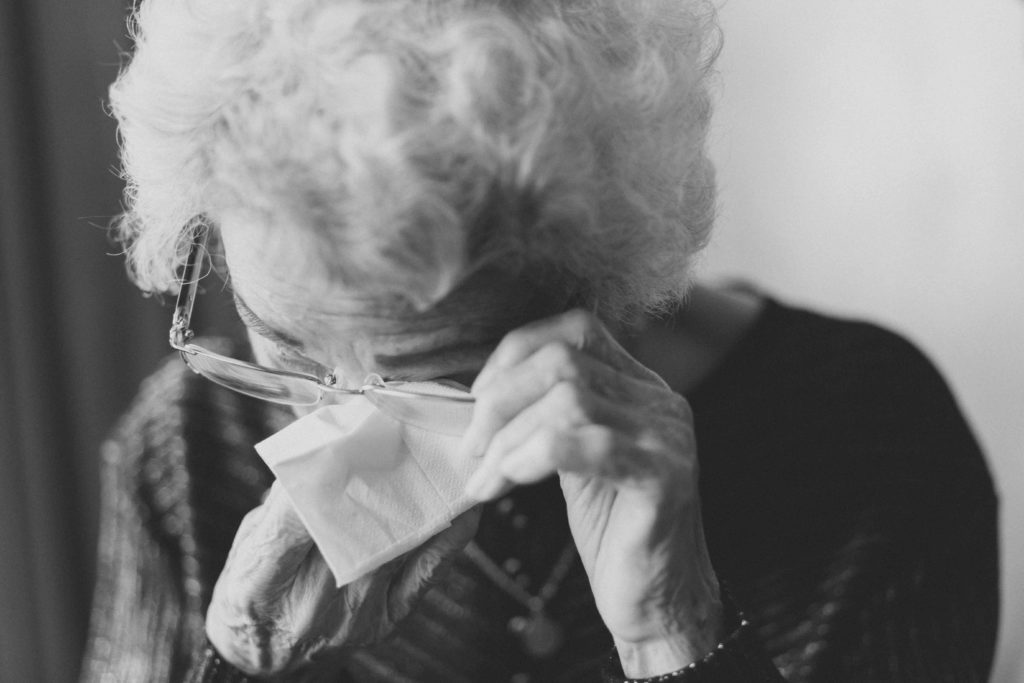
It is difficult to take care of a senior with many needs. The demands of care-giving can create situations in which abuse is more likely to occur. Even though many non-professional care-givers consider their role to be satisfying and enriching, the responsibilities can be extremely stressful. This stress can escalate, especially as the elder’s condition deteriorates, and can lead to mental and physical health problems causing caregivers to burn out, become impatient, and unable to restrain their frustration.
Even caregivers in institutional settings can experience stress at levels that can lead to elder abuse. Nursing home staff may be prone to elder abuse if they lack training, have too many responsibilities, are unsuited for care-giving, or work under poor conditions.
In many cases, elder abuse, though real, is unintentional. Caregivers may be pushed beyond their capabilities or psychological resources.
Elder abuse help-lines offer help for caregivers as well. Call a helpline if you think there is a possibility that you might cross the line into elder abuse. (REPORT ELDER ABUSE: PA Dept of Aging 24 Hotline 1-800-490-8505)
If you suspect elder abuse, report it. Look at the elder’s medications to see if the amount left in the bottle is consistent with the dosing schedule and date of the prescription. Watch for possible financial abuse by asking the elder if you may scan financial documents for unauthorized transactions. Call and visit the elderly person as often as you can. Offer to stay with the elder so that the caregiver can have a break.
Many seniors do not report abuse. Many are ashamed, feel responsible or fear retaliation from the abuser. Others believe that if they turn on their abusers, no one else will take care of them. If you are an elder who is being abused, neglected, or exploited, tell at least one person: your doctor, a friend, or a family member whom you can trust. Every state has at least one toll-free elder abuse hotline or helpline for reporting elder abuse in the home, in the community, or in nursing homes and other long term care facilities. You can also call Eldercare Locator at 1-800-677-1116. For those over the age of 60, help is available through local Area Agencies on Aging (AAA).